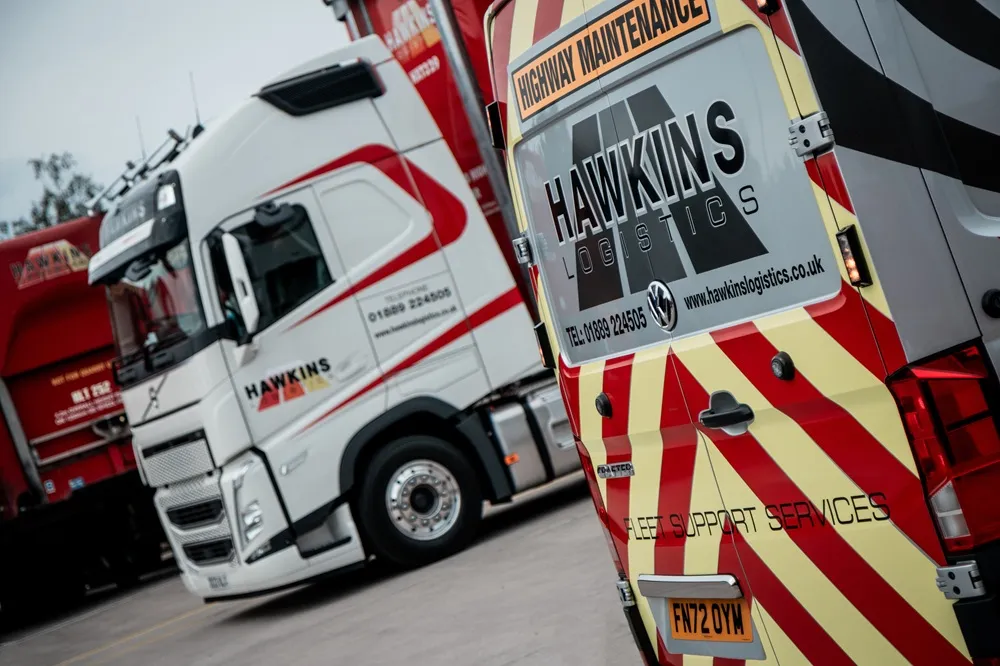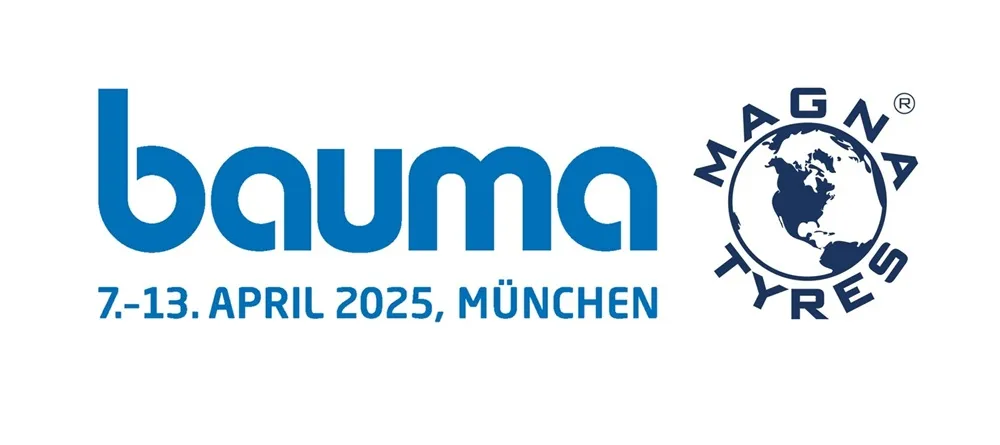With 2,420 light trucks registered in November, this is a 23% decrease on November 2020. However, in more positive news, the market is conversely 24% ahead of 2020 in a year-to-date comparison, in figures released by BIL Sweden.
Fleets Still Willing to Update Vehicles, However, Market Insecurity Prevails
Although 2022 is clearly advancing on 2020 figures, the year-to-date light commercial vehicle figures are still 22% behind 2019 levels. The Swedish economy is showing a strong recovery although, the semi-conductor shortage is definitely affecting production, argues Mattias Bergman, CEO of BIL Sweden.
Electric light trucks is a continuing focus in the figures, with this month being no exemption. 11% of trucks were electric for November, with the general share increasing from 1,140 this time last year to 2,270 for January-November.
The increase is due largely to the Bonus Malus system, however, new models have also entered the market in a sign that electrification is not merely a fad in Swedish culture. With the Bonus Malus scheme planning to end this year, confidence may well dip when customers have to decide between regular commercial vehicles and more expensive electric vehicles going to 2022, argues Bergman.
Heavy trucks over 16 tonnes have also felt the pressure, with a 20% decline in November, with 390 sales against 486 this time last year. However, in more positive news, the 4,762 heavy trucks registered so far this year is 5.2% against the year before. Once again, Volvo and Scania are the biggest brands in the market.
The sheer scale of the fall in bus registrations remains apparent as the year rounds up. In November, just 42 new buses were registered, which is close to three-quarters lower than the 73.8% figure, or the 160 figure from the year before.
The bus market remains a shell of what it was. With only 590 buses registered so far this year, this is 51.7% than 2020, when 1,222 buses were registered. It remains to be seen if the government will consider an initiative to help the beleaguered industry as it continues to vastly underperform on an already poor 2020.








